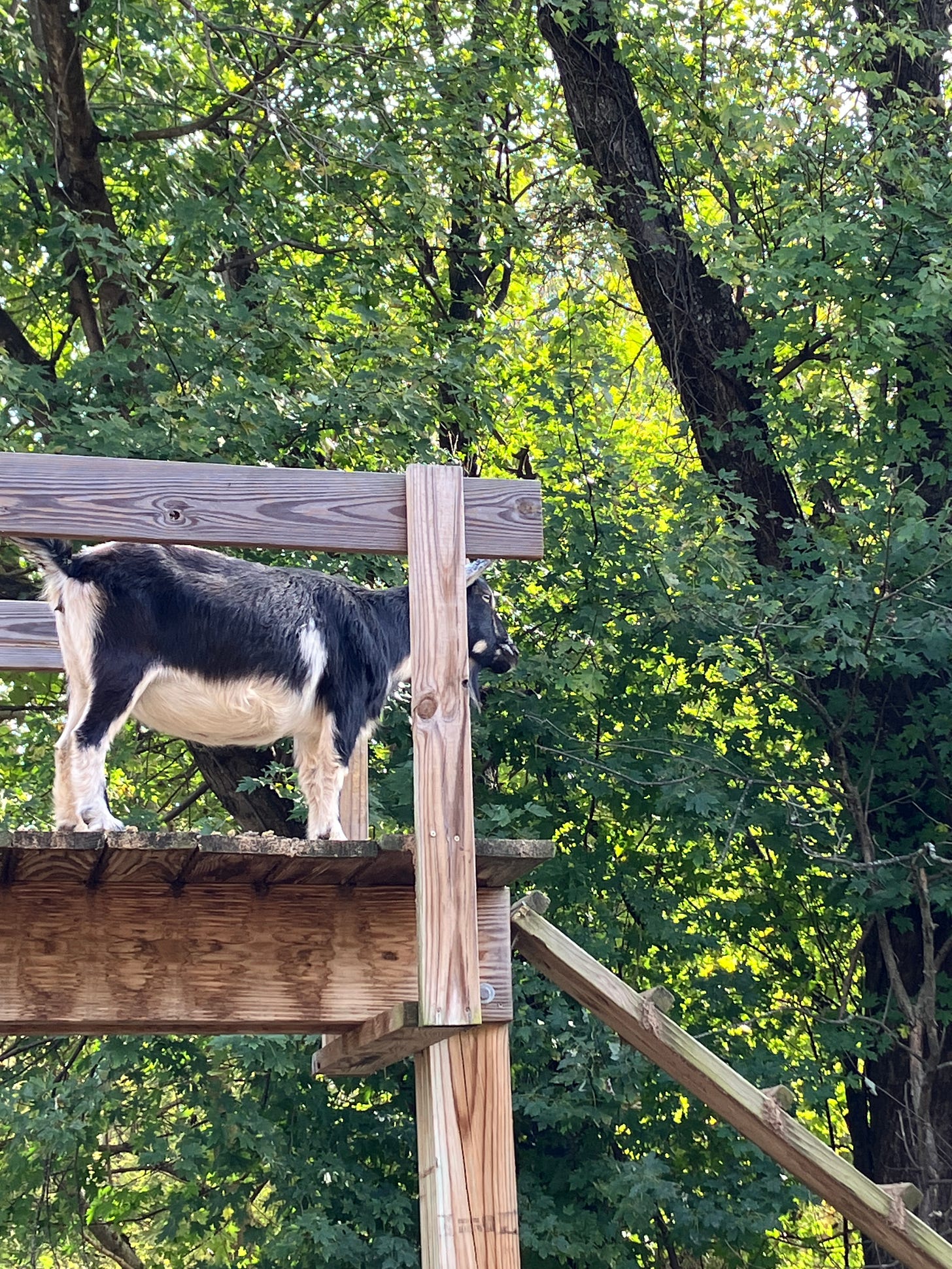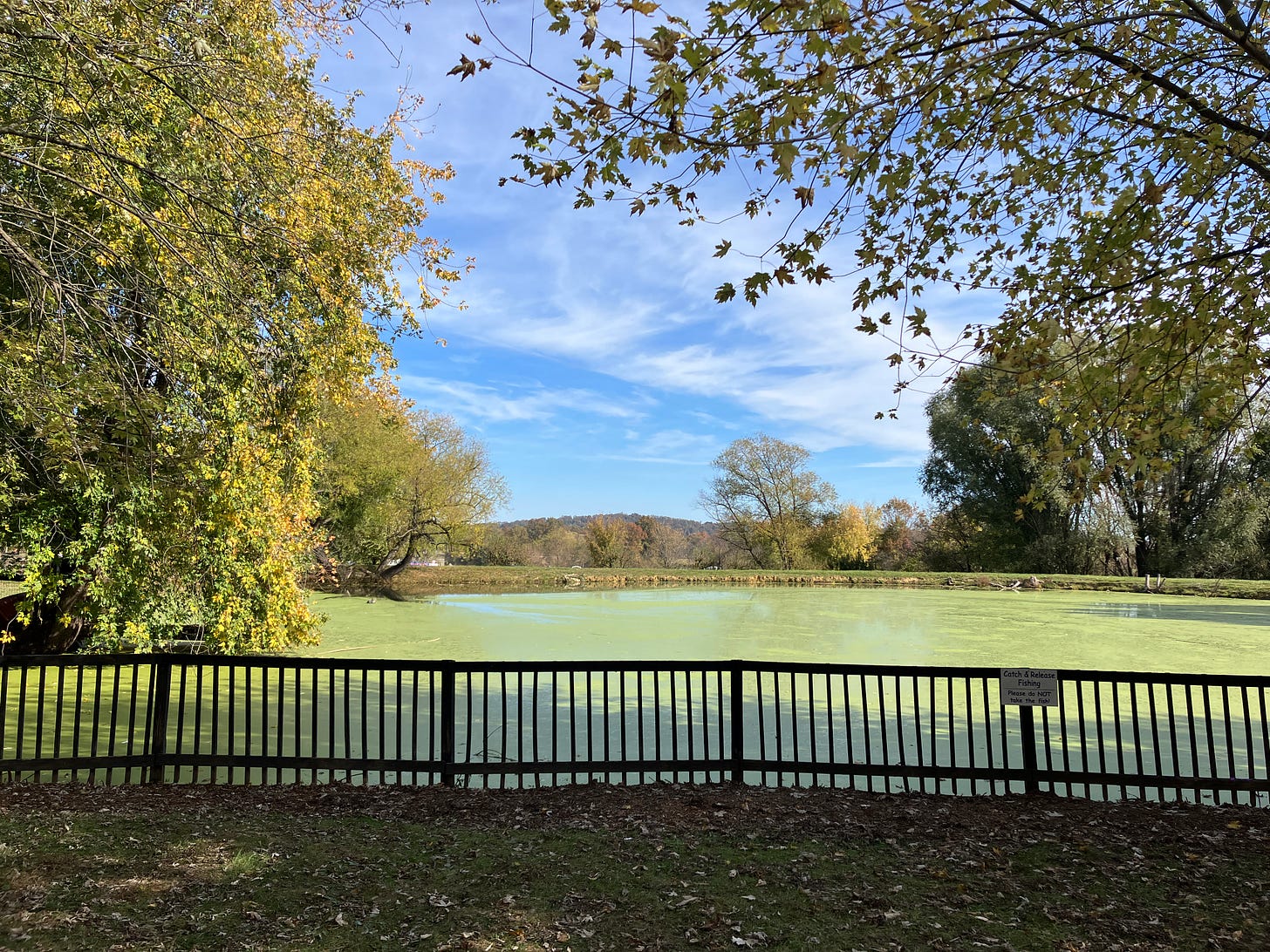The American art of being busy.
Mozart in the mountains and blueberry pie at Gettysburg,
We started the weekend by going to the book sale at the library. It is an American custom, twice a year, for libraries to hold large sales of books they no longer need in stock and books that have been donated to them. I was told that some ten thousand books might change hands in Arlington that weekend. Many are given away as well. This raises a significant part of the library’s budget. The prices are reasonable. I picked up some Naipaul, Dickens, Grail legends, Tobias Wolff, and several others. There are discounts for homeschoolers.
These events are models of the American attitude. People arrive early with bags, trolleys, carts. As soon as one of the shelves is half empty, with books collapsing in the middle, someone arrives with a box to re-stack. The whole place was as busy as a hive. It went on and on. Everyone was cheerful. No-one fussed and bothered. Once again, in the country most supposedly dedicated to so-called atomised individualism (a muddle-headed concept), I found myself in the middle of a teeming community. Here is one of Tocqueville’s “civil associations”. Free individuals who can freely associate very often make the best societies and platoons!
And once again, I want to know: why doesn’t this happen in England?
The next day we drove to Gettysburg, to see the battlefield. There is so much road in American roads. They widen and narrow like rivers, now six lanes, now twelve, now, but surely not?, fourteen, with various slip roads, merging lanes, separate roads running parallel behind a wall. Road, road, road, stretching out ahead of you towards the mountains. It suits Mozart’s late symphonies (Karajan) or some Bach piano (Hewitt). The third orchestral suite would do very nicely as well (Freiburger Barockorchester). The best scene in Annie Hall is when they drive along the country roads in Maine and the final movement of Mozart 41 is bellowing like the roar of the wind. You can do this yourself—although I do not go over the speed limit, unlike everyone else in this reckless country, so the Mozart was providing more of a stately accompaniment to the turning trees and the long, long range of hills—and see the way that the American landscape can match up to great music.
We assumed it would be a quirk of American life to do the driving tour of the battlefield, but it is the only way to get a real sense of what happened. As you drive, you get to see how one ridge looks across to another, how hard the dips and rises in the fields must have made it for thousands and thousands of men—impeded by fences and hedges—to charge across to the other ridge. Landscape deceives us with its sense of continuity. But as the southernmost point, you can look back to the Peach Orchard and see where Longstreet’s men had to go, and then the road goes round and you get a sense just how many hundreds of little individual actions have to take place, how easily a formation would become a scattering between those trees. We did not feel the wind, behind our windows, nor did the ground bump and trip as we drove along.
The blueberry pie at the Gettysburg Family Restaurant was sublime. Our one souvenir purchase of the day was a mug from the restaurant, an ideal purchase. And only $7! And while you eat, you can look around and see some of the “real America”—bouffant hair, a Trump cap, those big jaws and rolled shirt sleeves, old small couples who eat whopping great plates of pancakes for lunch, a man too large to fit in a booth. It was like a scene from a documentary. Outside a truck so large pulled up that the retired lady who got out of it had to lower herself quite carefully to the ground. Our waitress told me she works two weekends a month. She has a full-time sales job as well. Tips are now tax-free and she pays her car with one weekend’s earnings. She loves her job. I have had Uber drivers who drive several hours a day on the side of working as a chef. You do not find this in England.
On Sunday, we went to a farm in Bluemont to pick a pumpkin. The Americans, naturally, do not merely ride up, pick a pumpkin, and leave. This is an all-day family event. There is a large farm shop, fresh donuts (worth the trip alone), a huge inflated bouncing area, pig racing, both corn and grass mazes, chickens, goats, a goat bridge, a ninja trail, a rope maze, giant chess, and various other activities. The Americans mill around, and it was busy, but they mill quickly. It is not like in England where people dawdle, as if they were all loitering in their own homes, astonished and offended to find someone else wanting to use the doorway they have taken as their resting place. Americans often seem to get more enjoyment from their day simply by being busier about it.
It was striking to me, once again, just how pervasive is the American culture of activity. They love to get things done, and this attitude often enhances the enjoyment of whatever it is they are doing. They “get more out of life” simply by being busier. They know what Samuel Johnson knew: “difficulty is, for the most part, the daughter of idleness.” If Americans sometimes seem crass or like they take life at an easy stride, it is largely because they are not idle. To the British temperament, there is something vulgar and unsettled about this lack of idleness. And yet the Americans are quite relaxed. Being busy puts them at ease.
Johnson knew that the ability to be busy, to avoid idleness, is the root of human progress. “Whatever has been effected for convenience or elegance, while it was yet unknown, was believed impossible; and therefore would never have been attempted, had not some, more daring than the rest, adventured to bid defiance to prejudice and censure.” It is this attitude, more than anything, that makes America a great nation. The more I see of Americans, the more fundamental I believe this busyness is to their culture and to the way their country works. As Emerson said, “the one thing in the world of value is an active soul.”




Really enjoyed this piece. I do like your Englishman observations about America. And I’m not going to rise to the defence of English libraries. I wish we did have twice yearly book sales! You’re so right about American busyness. “No Strollers” was the signage I was shocked to read in a very busy art exhibition in New York but I believed it. I took the instruction seriously because I knew the pace in America was pretty fast and it was a very popular new exhibition. I marched briskly round that gallery, feeling quite cross at American insistence on speed, even in art appreciation. And the end I dared to do that most unBritish thing: I complained. And my polite complaint absolutely made an American gallery supervisor’s day because he was able to tell me that ‘strollers’ in this context were not people who walk too slowly through an art exhibition. They are prams and pushchairs, baby buggies. Strollers lost in translation. He suggested I go round again. You take that stroll, ma’am!
GK Chesterton, writing about his travels in America in 1921: "The approximate difference is that the American talks about his work and the Englishman about his holidays. His ideal is not labour but leisure." And later: "Now that is where the American is fundamentally different. To him the enthusiasm itself is meritorious. To him the excitement itself is dignified. He counts it a part of his manhood to fast or fight or rise from a bed of sickness for something, or possibly for anything ... American energy is not a soulless machine; for it is the whole point that he puts his soul into it. It is a very small box for so big a thing; but it is not an empty box. But the point is that he is not only proud of his energy, he is proud of his excitement. He is not ashamed of his emotion, of the fire or even the tear in his manly eye, when he tells you that the great wheel of his machine breaks four billion butterflies an hour."